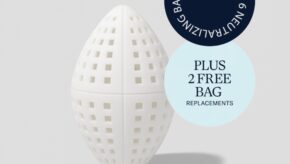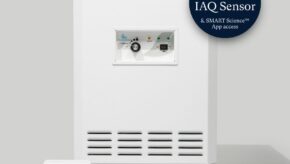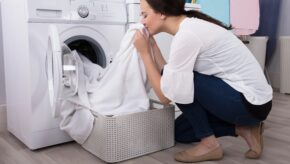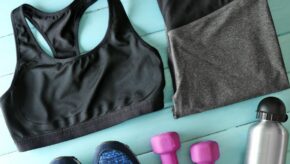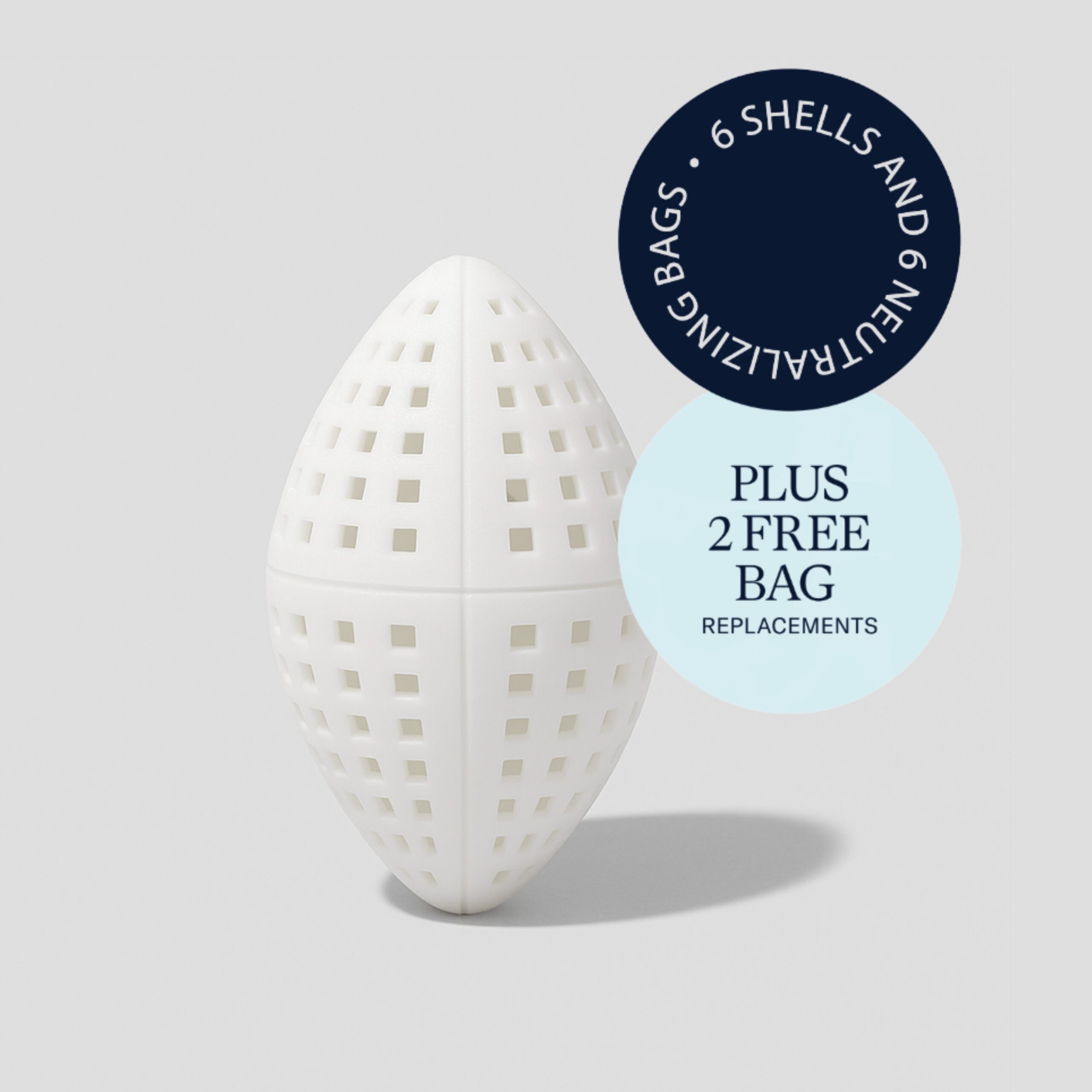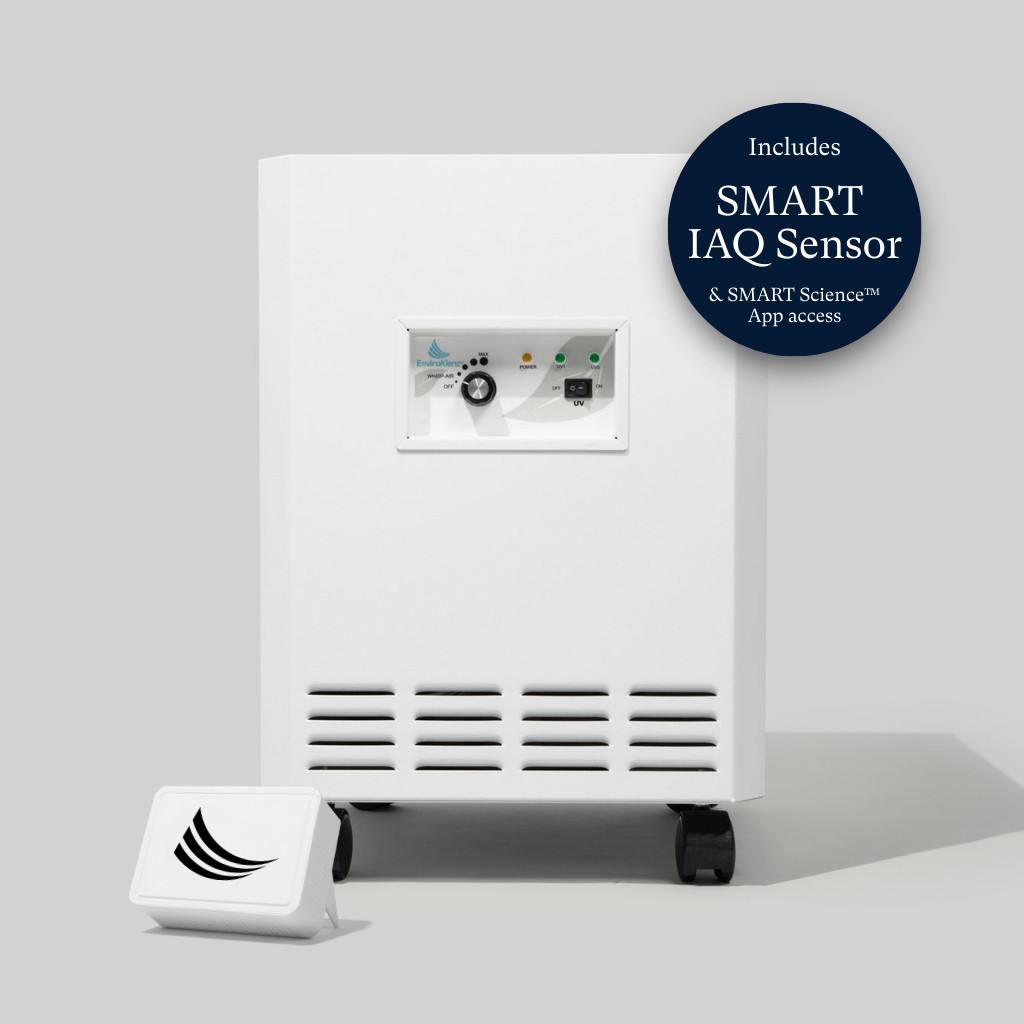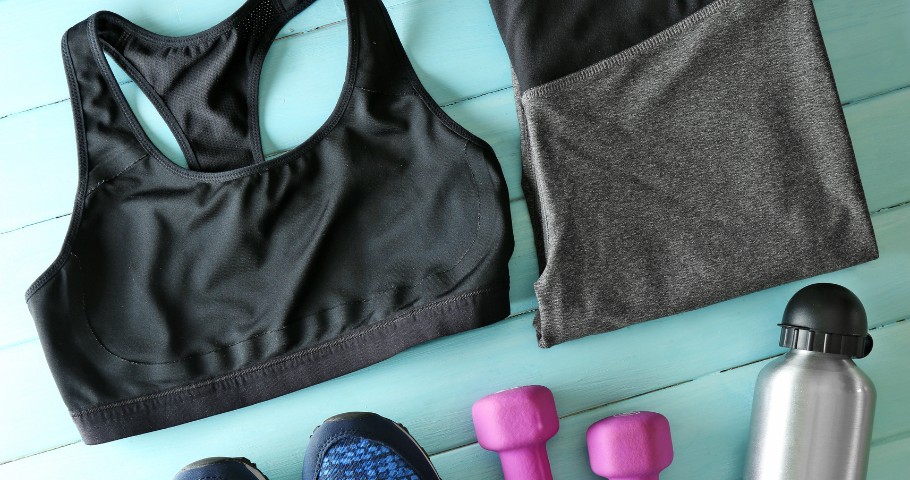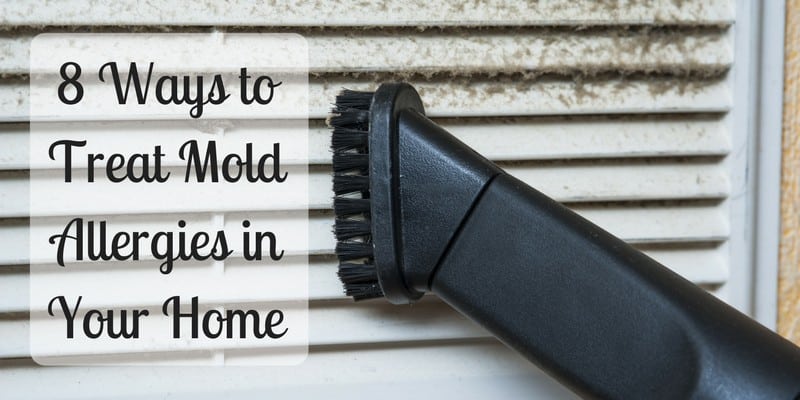Mold is a fungus that can grow in many places that are moist and during the process of its growth, it can cause mold allergies to stir-up in full force. When you are faced with intense mold allergies in your home there comes a point where you must implement action to remove the source of the issue from your home completely. Following this preventive guide to treating your mold allergies in your home can help to drastically improve your mold allergies and help prevent allergic reactions to mold.
 Types of Mold That Cause Allergies
Types of Mold That Cause Allergies
When it comes to mold, there are thousands of different forms of molds that are recognized. However, only a few of the forms of mold are identified and tested for when conducting a mold allergy test. The following types of mold are the most prevalent forms of mold that grow in your home and that affect your allergies.
-Alternaria: A common outdoor mold that finds its way into your home and that can impact your health, specifically increasing asthma-related symptoms.
– Cladosporium: The most common airborne outdoor mold. This mold can travel through the air as mold spores and find its way into your home and grows on the surfaces of your home.
-Aspergillus: A mold that grows both indoors and outdoors, is usually associated with allergic bronchopulmonary aspergillosis.
-Penicillium: Generally, found indoors, this mold can cause an allergic reaction but not when ingested in antibiotic form.
– Black Mold: A toxic mold that can grow in your home that releases mold spores that can drastically affect your overall health and progress your allergy symptoms.
Allergies in Children: Mold Spores to Blame
Mold growing in your home can be a potential hazard not only for yourself but also for your children. Up to one-third of children are allergic to mold, scary, isn’t it? When mold in your home releases mold spores into the environment, these invisible airborne seeds of mold can begin to elicit allergy symptoms such as sneezing, a runny nose, itchy eyes, wheezing, and coughing. Statistically speaking, if a parent has or has had allergies in the past, then the child is 30 to 40 percent likely to also experience allergy symptoms. If both parents have suffered from allergies, then the percentage jumps to a 50% chance of the child developing allergies as well.
The University of Cincinnati conducted a study in which they found that babies that were exposed to an increased level of household mold had an increased chance of developing multiple allergies in the future. Also, other research found that children who live in an environment with mold present or where past water damage has occurred, have a significant risk of developing asthma, even if the disease is not hereditary.

How to Treat Mold
Treating mold in your house is the key to helping the prevention of diseases from developing such as allergies and asthma. Using methods to protect yourself and your kids from these conditions are important in maintaining your health.
Using a Dehumidifier
The level of humidity inside your home can help create a breeding ground for your home for mold to grow. The Asthma & Allergy Foundation of America recommends you lower the humidity in your home to under 45 percent – or even 35 percent or under to help fight off mold growth in your home. If you live in a bigger house you may also want to keep a dehumidifier in your basement where moisture tends to grow.
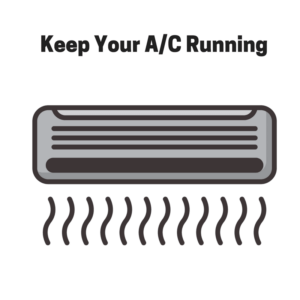 Keep Your A/C Running
Keep Your A/C Running
Leaving your air conditioner running, even during the warmer months can help control moisture buildup in your home. When your A/C is running you’ll have less of a mold issue as moisture is being reduced in the air. Also, be aware of changing out filters regularly to prevent mold growth.
Ventilation
Poor ventilation in your home can be a major source of mold growth in your home which can then lead to allergies. Make sure to use a clean exhaust fan in your bathroom when you shower and in your kitchen when you cook or wash dishes.
Fix Leaks
Any areas of your home where a potential leak can occur should be monitored, this will help prevent mold growth and minimize allergy symptoms. The areas of your home to make sure you check include your basement, bathrooms, laundry rooms, anywhere there is a faucet, and your roof.
Scrub Away
If you see mold growing on surfaces of your home, a simple way to treat the area is by scrubbing away the mold from the surface. Using a 10 percent bleach solution can do the job, but make sure you are wearing an allergy mask that protects you from breathing in allergens. If you have respiratory issues and cannot use bleach, you can also try using an everyday odor eliminating product to remove VOCs and odors from the area.
[show_product_inpage product_id=5070]
Household Cleaning
Fungi can get trapped in areas with moisture including your laundry room. Your laundry room is a common place for mold to grow in your home so it is important to routinely clean this area of your home. Your washing machine can also be a good source for mold to grow as moisture is built-up in this appliance. Try using a washing machine deodorizer to clean out the rubber seal that traps moisture as well as trying to leave the door open to allow moisture to escape from the machine.
[show_product_inpage product_id=9061]
Dust Mask
Having protective coverings will help you avoid the harmful act of breathing in allergens. It is recommended to ask your allergist or pharmacist about finding the best mask for mold.
[show_product_inpage product_id=7385]
Air Purifier
Mold in your environment can release mold spores into your air which can lead to allergies in children, dogs and yourself. To protect your air and your health try to place an air purification system in your home. The EnviroKlenz Mobile UV System is the ideal air purification system that kills microorganisms (such as bacteria, viruses, and mold spores) from your indoor air with the use of ultraviolet germicidal radiation. This air purification system also uses a two-stage filtration system with the EnviroKlenz air cartridge that utilizes our earth mineral technology that works against a broad spectrum of chemicals and odors, as well as a hospital-grade HEPA filter that removes particulate matter smaller than 0.3 microns in size. With the use of an air purification in your home like EnviroKlenz, you can filter your home’s air of lingering mold spores.
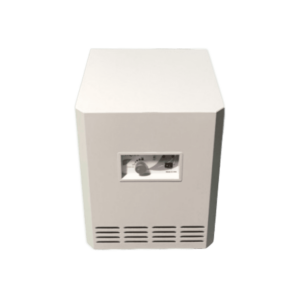

Hear What People Are Saying About Us…
“I have the filter in my home, office, and son’s school. One of the biggest difference I notice is that we all sleep better when the filters are running. Furthermore, we had the filters running in the office after it was painted and the carpets were changed, and that toxic smell was gone in a day and a half. The work was done Friday, and by Monday no one complained of headaches and very few people even commented that the smell of remodel was noticeable”
“The best air purifier for lessening autoimmune symptoms is a unit that not only removes the larger particulates from the air with a HEPA filter, but one that also removes any chemical and toxic substances that might be floating in the environment as well. I’ve tried a few different purifier over the years, but the unit I am loving is my EnviroKlenz Mobile Air System.”
